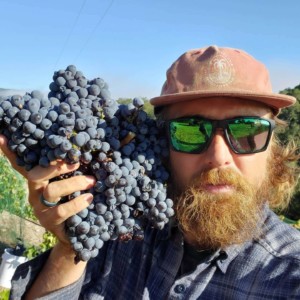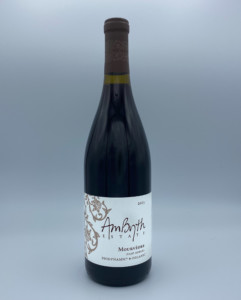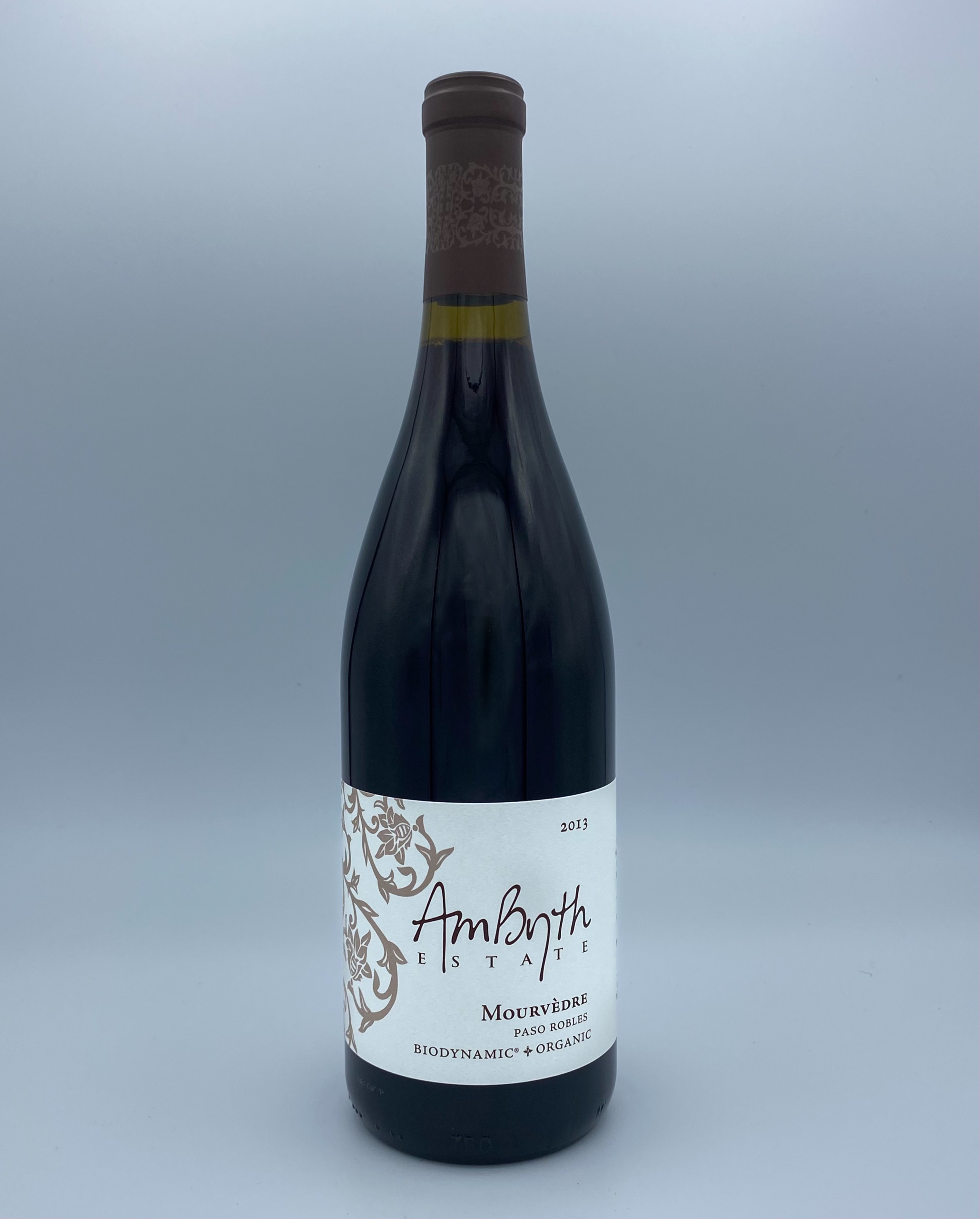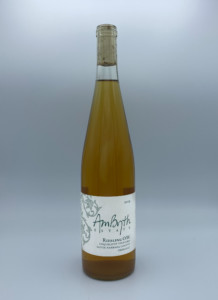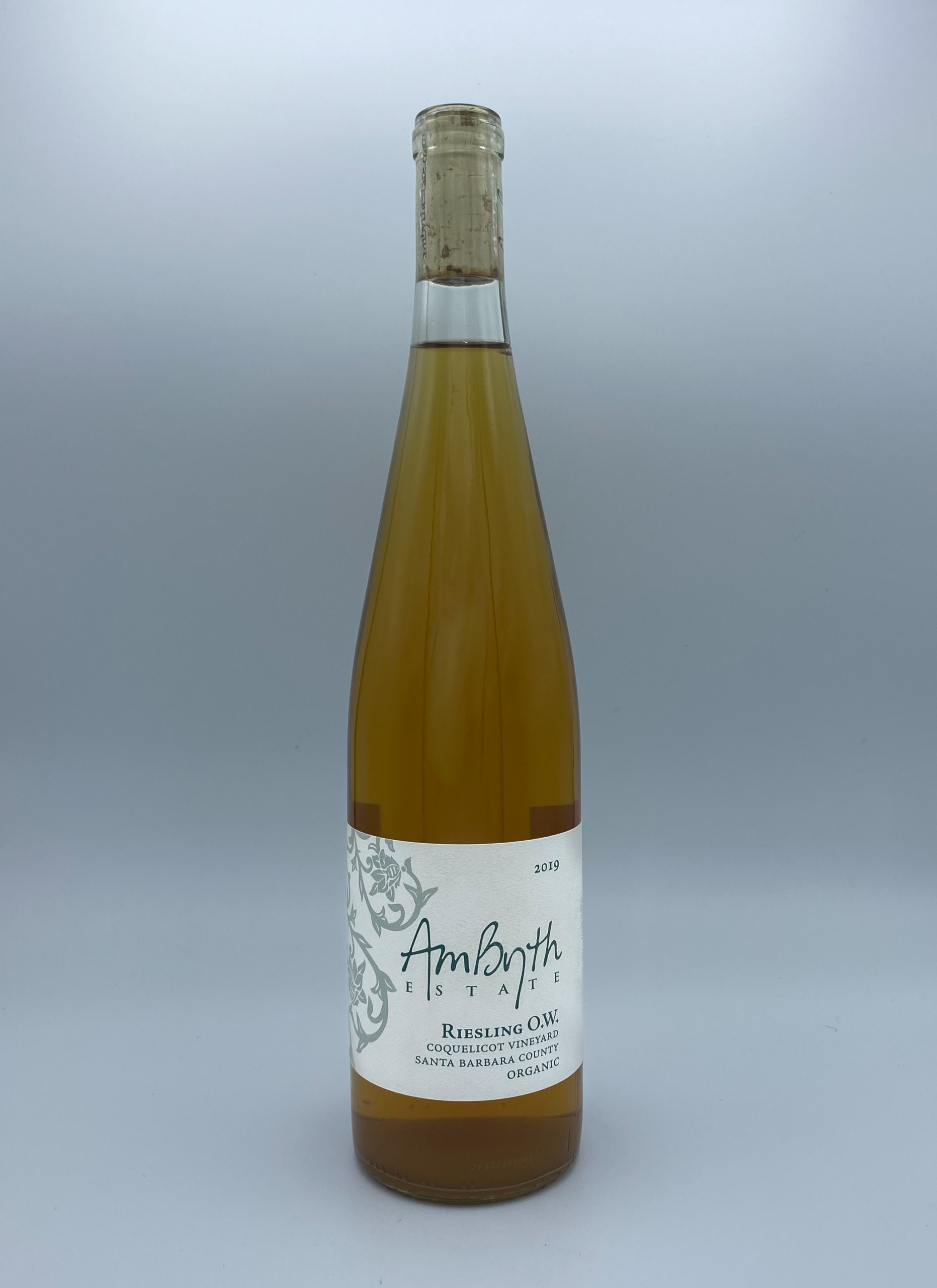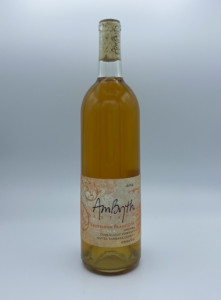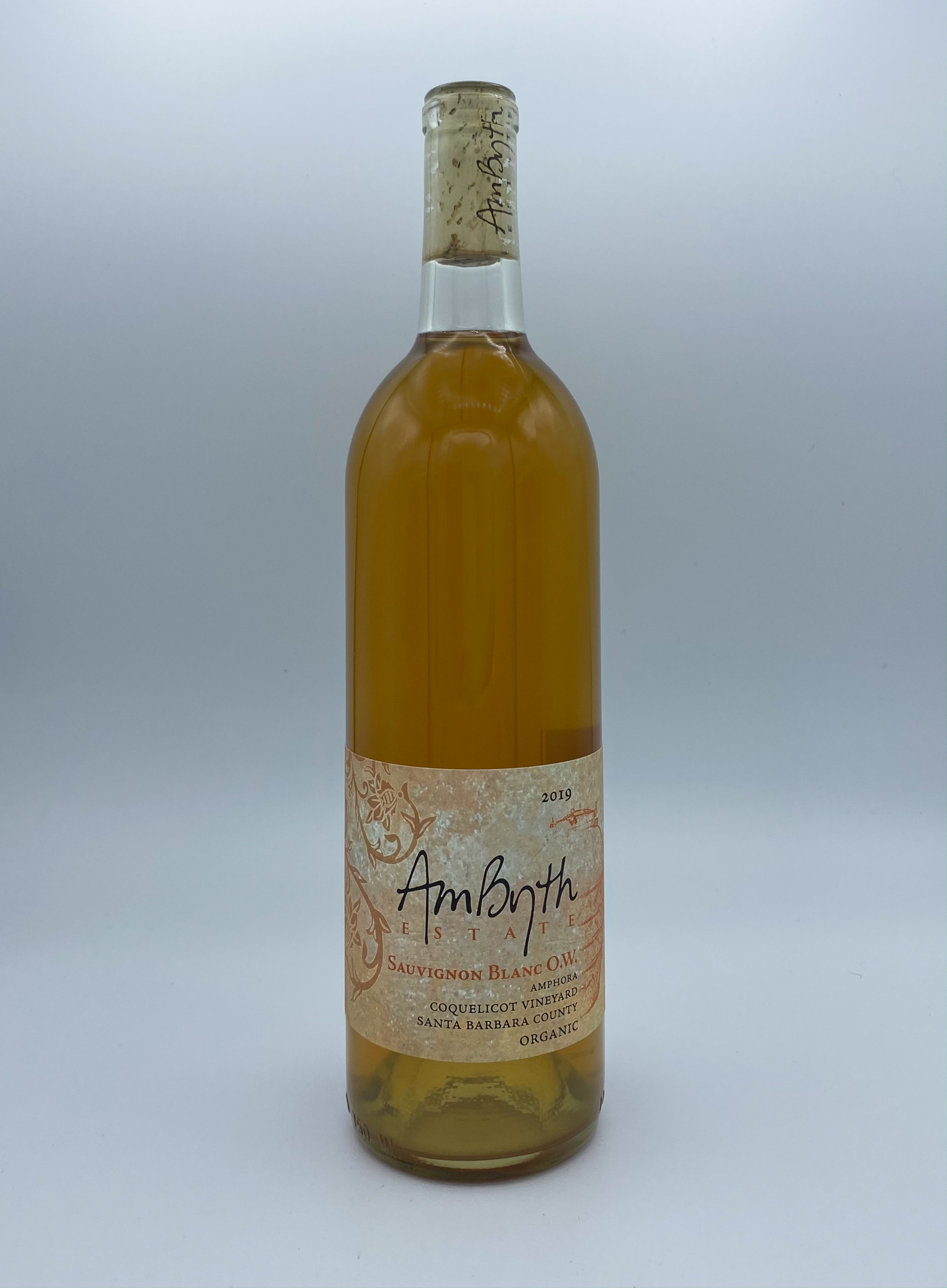AmByth Estate
About
Owner: Phillip Hart
Winemaker: Gelert Hart
Vineyards: 20 acres
Vineyard management: Certified biodynamic, certified organic, dry farmed
Soils: Linne Calodo soil mix: a recessed sea bed composed of sandy calcareous clay loam with mineral rich shale and chunks of limestone
Grapes grown: Mourvedre, Counoise, Grenache Blanc, Roussanne, Marsanne, Grenache Noir, Viognier, Tempranillo, Sangiovese, Syrah, Carignan
Annual production: 18,000 bottles
Quick facts:
- Since taking over for his father, Phillip, in 2015, Gelert Hart has kept to the classic roots of AmByth but also introduced new styles, including cider, piquette, and co-ferments.
- The name “AmByth” means “forever” in Welsh.
- “We make wine that is alive and healthy, and you can taste it. We lead in the example of true sustainability and real wine in a sea of conventionalism.” – Gelert Hart
In 1998, Phillip and Mary Hart were yearning to get back to their farming and country roots–they both grew up on farms, Phillip in North Wales and Mary in Oklahoma, but had moved to southern California to run a flooring business. The property they found in Paso Robles, which would become AmByth Estate, was everything they’d dreamed of. It had previously been cattle grazing land, planted only with wild grasses and oats, so it was practically untouched in an agricultural sense–a perfect “blank slate” to begin farming biodynamically. It’s located in the cooler Templeton Gap region of Paso Robles, one of the areas of the country with the biggest diurnal temperature swings. With limestone and calcareous soils, it was ideally suited for the production of the high-quality, mineral-driven wines they hoped to make. The Harts planted the first vines in 2003, and produced the first vintage in 2006. In 2013, Phillip invited his son, Gelert, to move back home and learn the trade. Gelert and his wife, Robyn, have since taken the reins at the estate.
They’ve been farming biodynamically since day one, with the low humidity and sea breezes helping them ensure healthy fruit. They spray only minimal, eschewing sulfur and preferring homeopathic teas and biodynamic preparations. The vineyards are dry-farmed, meaning no irrigation is used–the vines receive only five gallons of water each when they’re first planted, and that’s it for their lifetime. Unfortunately, the lack of winter rains has been a major challenge in the past decade.
Minimal intervention is the rule in the winery as well–as Gelert explains, “we create wines that focus on authenticity and terroir.” There are no additions of any kind, including sulfur. They use a variety of clay amphorae, because Gelert appreciates the way they combine “breathability and the most flavor neutrality” during the aging process. All wines are processed, bottled, and aged right on the property.


